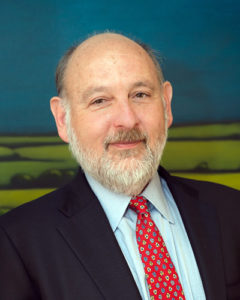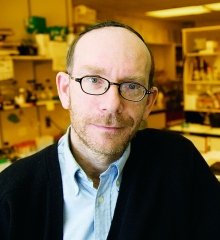
Podcast: Play in new window | Download


Podcast: Play in new window | Download


Podcast: Play in new window | Download


Podcast: Play in new window | Download


{display_podcast]
Podcast: Play in new window | Download


Podcast: Play in new window | Download
This weeks guest is Dr. David D. Clarke. Dr. Clarke is President of the Psychophysiologic Disorders Association where he teaches the science of the mind body connection as it relates to GI related diseases that do not fit a traditional diagnostic nor pathological framework. For three plus decades, he conducted detailed interviews with over 7000 people whose symptoms were not explained by diagnostic testing, but were significantly affecting their lives in a negative way. He realized that these individuals often suffered from severe traumas in childhood that built the foundation of current health struggles. We dive into his work and the successes built upon the recognition of, intervention for and resolution related to the issues and physiological manifestations of disease.
Dr. Clarke graduated from Williams College with honors before attending the University of Connecticut School of Medicine where he received his medical degree and the Mosby Award for Clinical Excellence. He completed internship and residency in Internal Medicine and fellowship in Gastroenterology at Harbor/UCLA Medical Center in Los Angeles. Dr. Clarke has lectured extensively on Psychophysiologic Disorders to specialists and the public across North America and Europe. He has appeared on syndicated broadcasts hosted by Rosie O’Donnell, by Montel Williams and by Michael Roizen(author of You: The Owner’s Manual).
He is the Author of “They Can’t Find Anything Wrong” and co-author of “A Diagnostic Guide for Psychophysiological Disorders” and Psychophysiologic Disorders”.
Please enjoy my conversation with Dr. David Clarke,
Dr. M


Podcast: Play in new window | Download


Podcast: Play in new window | Download